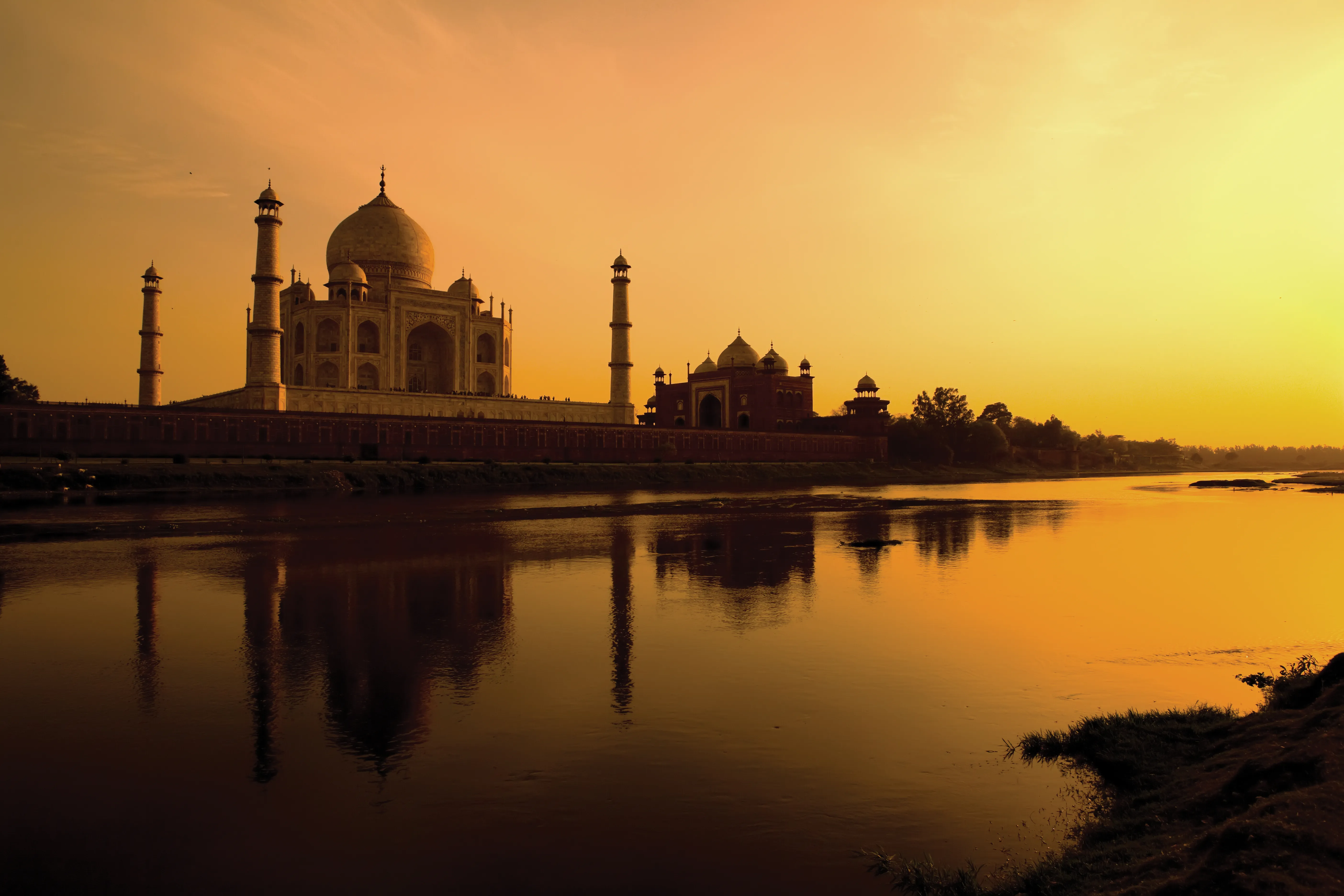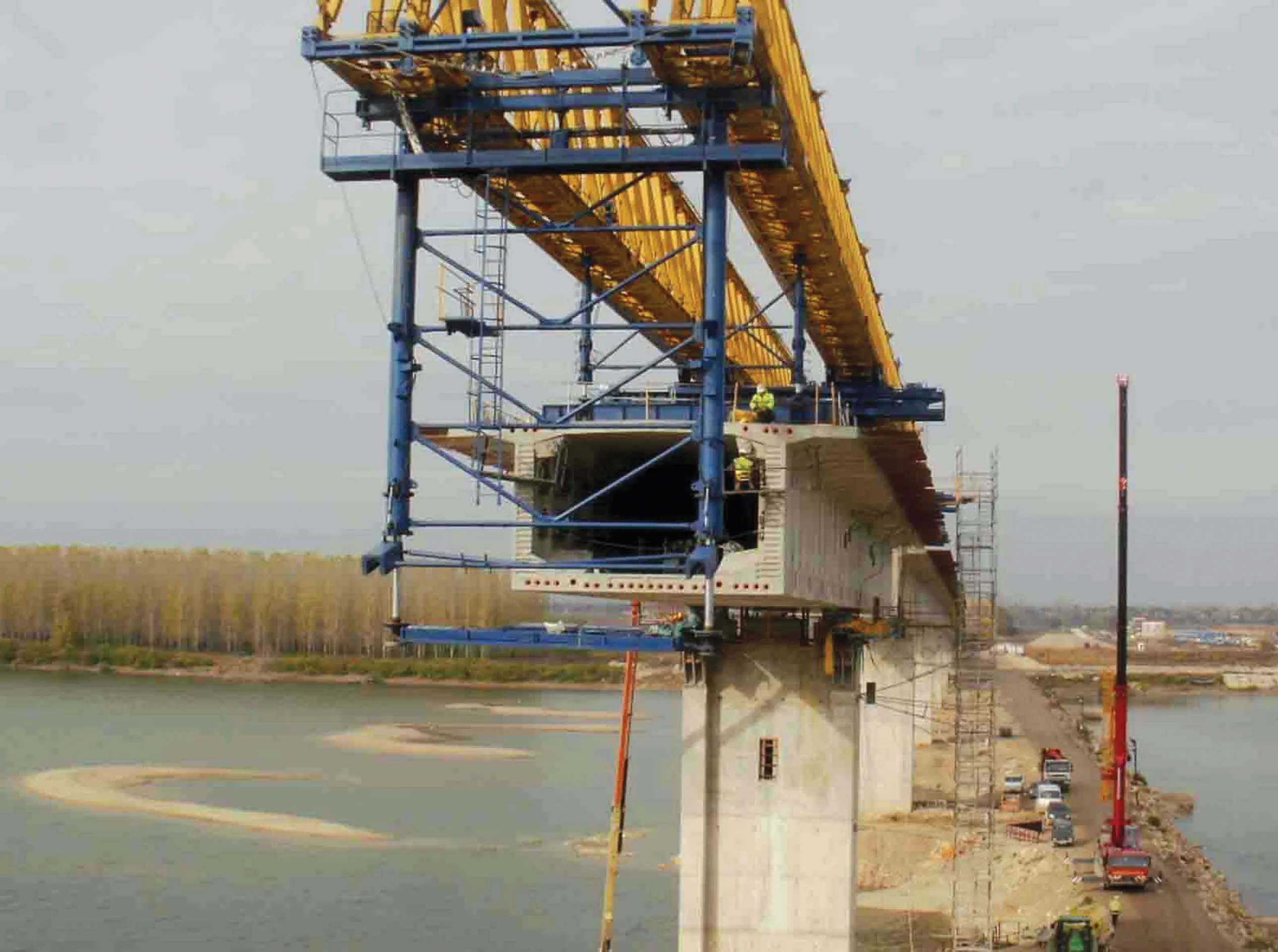The cost of building the Padma Bridge in Bangladesh will be nearly three times the US$2.61 billion estimated in 2011.
Also on the rise is the cost of flood prevention work in the form of levee construction – called river training in Bangladesh. The addition of 1.3km of work at the Mawa end of the bridge means the total cost is now $1.2 billion, up from $1.1 billion.
Apart from $200 from the $1 billion loan from India the project is not using any foreign financing, according to a report in the Daily S
January 11, 2016
Read time: 2 mins
The cost of building the Padma Bridge in Bangladesh will be nearly three times the US$2.61 billion estimated in 2011.
Also on the rise is the cost of flood prevention work in the form of levee construction – called river training in Bangladesh. The addition of 1.3km of work at the Mawa end of the bridge means the total cost is now $1.2 billion, up from $1.1 billion.
Apart from $200 from the $1 billion loan from India the project is not using any foreign financing, according to a report in the Daily Star newspaper. Completion has now been pegged at 2018, an extension from the initial projection of 2015 following cost revisions earlier this month.
China Major Bridge Engineering Corporation is carrying out main work on the 6.15km road-rail bridge. It will be 18.1m wide and will have 15.1km of approach roads as well as toll plazas and service areas. When completed it will be the largest bridge in Bangladesh and the first fixed river crossing for road traffic. It will connect Louhajong, Munshiganj to Shariatpur and Madaripur, linking the south-west of the country to northern and eastern regions. The two-level steel truss bridge will carry a four-lane highway on the upper level and a single track railway on a lower level.
Meanwhile, in India, construction will soon start of a four-lane 150m bridge across Feni River to connect Ramgarh in the Indian state of Tripura with Bangladesh’s seaport of Chittagong. The Tripura state government will foot the $16.6 million bill for the bridge that was first announced in 2012.
Tripura, in the isolated northeast of the country, is India’s third-smallest state, covering around 10,500km2.
Also on the rise is the cost of flood prevention work in the form of levee construction – called river training in Bangladesh. The addition of 1.3km of work at the Mawa end of the bridge means the total cost is now $1.2 billion, up from $1.1 billion.
Apart from $200 from the $1 billion loan from India the project is not using any foreign financing, according to a report in the Daily Star newspaper. Completion has now been pegged at 2018, an extension from the initial projection of 2015 following cost revisions earlier this month.
China Major Bridge Engineering Corporation is carrying out main work on the 6.15km road-rail bridge. It will be 18.1m wide and will have 15.1km of approach roads as well as toll plazas and service areas. When completed it will be the largest bridge in Bangladesh and the first fixed river crossing for road traffic. It will connect Louhajong, Munshiganj to Shariatpur and Madaripur, linking the south-west of the country to northern and eastern regions. The two-level steel truss bridge will carry a four-lane highway on the upper level and a single track railway on a lower level.
Meanwhile, in India, construction will soon start of a four-lane 150m bridge across Feni River to connect Ramgarh in the Indian state of Tripura with Bangladesh’s seaport of Chittagong. The Tripura state government will foot the $16.6 million bill for the bridge that was first announced in 2012.
Tripura, in the isolated northeast of the country, is India’s third-smallest state, covering around 10,500km2.







